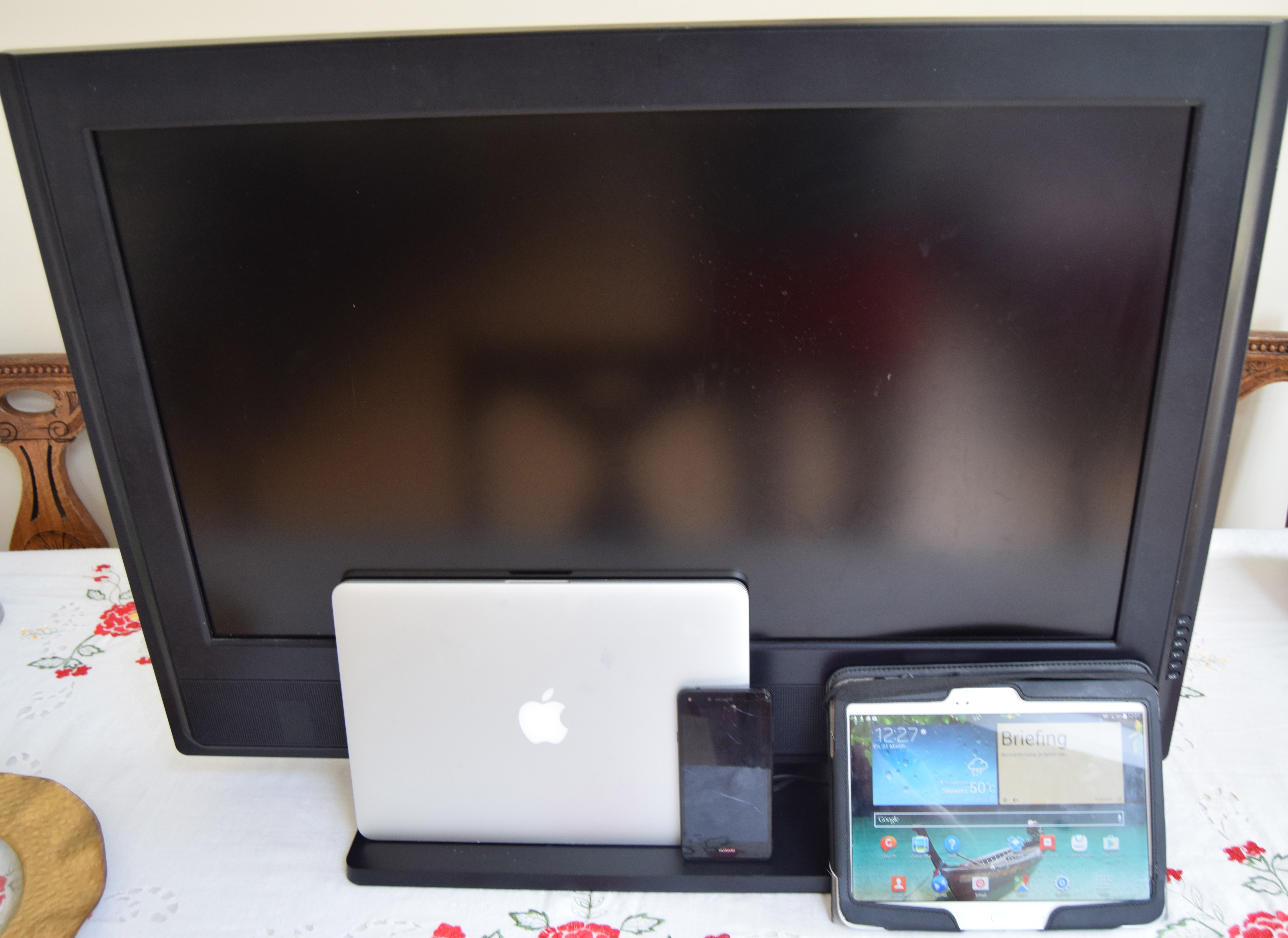
[dropcap]T[/dropcap]V licences are set to be introduced for tablets, laptops and computers as the current law in Ireland is to be changed by the Minister of Communications, Dennis Naughten.
Proposals being finalised say that the €160 annual charge would be applied to electronic devices with screen sizes 11 inches or above.
The Broadcasting Act 2009 currently gives a broad definition of a ‘television set’ as “any electronic apparatus capable of receiving and exhibiting television broadcasting services broadcast for general reception.”
This would mean that mobile phones and standard tablets would be exempt from the proposed TV licence but PC’s, laptops and large tablets would be targeted. Every household would only have to purchase one licence regardless of the number of devices owned.
The move comes by RTE as they are being forced to sell eight acres of property in Dublin 4 and are being forced cut up to 200 jobs and this new TV licence requirement for other devices could generate a possible €5 million annually, alleviating their financial crisis.
TV licence evasion is already extremely high with over €40 million not collected every year.
Nearly one in ten households no longer has a traditional television set, but many are streaming content over the internet.
RTE’s general director, Dee Forbes, proposed that the cost of TV licences in Ireland should be doubled in order to help the station continue its current level of output. However, this was opposed by Minister Naughten.
The law currently states that “non-portable television sets capable of exhibiting television broadcasting services distributed by means of the publicly available internet” are exempt from paying the TV licence.
Minister Naughten is now seeking to change the definition to include such portable electronic devices with the effect that internet usage will be accounted for and a large number of devices will be brought into the TV licence net.
Minister Naughten intends to write to the Joint Oireachtas Committee on Communications in the following weeks to seek its views on which type of devices should remain exempt.
Paul Dwyer



